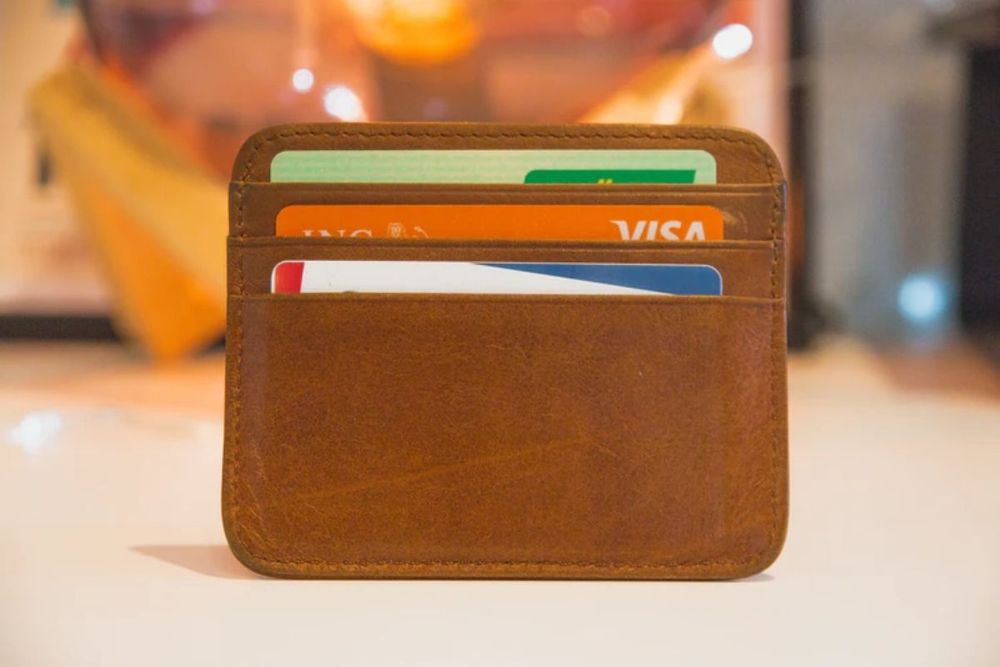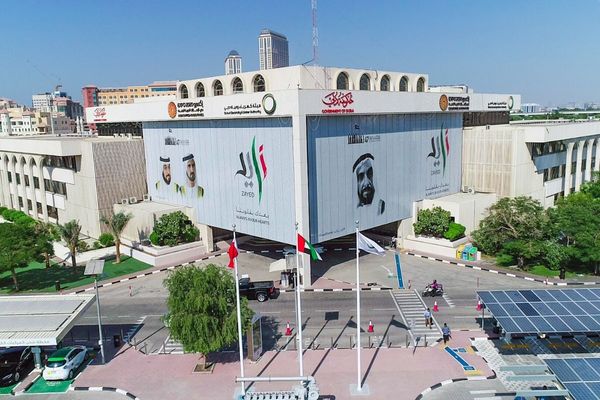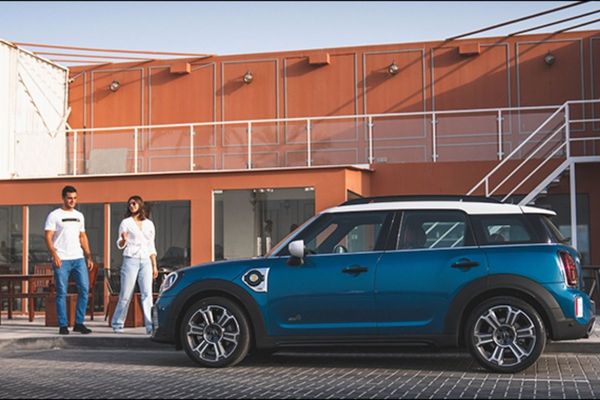Paymentology, a United Kingdom-based innovative payment technology solutions provider, is bringing the cutting-edge advanced cards and innovative payments solutions infrastructure to the Middle East. It will change the way consumers make payments for their purchases.
Paymentology’s BangkingLive 2.0 solution, a dedicated cloud-based processing platform with high capability to scale up fast, is a great tool that is becoming popular in the region.
Nauman Hassan, Director for Client Services at Paymentology, says,
“Paymentology’s unique cloud-native issuer processor platform is driving innovation in card issuance in the Middle East and we remain at the forefront of this innovation in this part of the world,”
“The Middle East is one of the fastest growing digital banking markets and has a desire to deploy cutting-edge innovative technology which is why Paymentology is so well placed and their expertise being used."
“Paymentology will be a driving factor in the continued success and growth of digital banking in the region. We are currently working with banks and financial institutions across the Middle East region and guide them into the next generation of banking.”
This solution uses backup cloud technology to allow the bank to continue to serve its customers round the clock and perform maintenance updates when needed silently in the background without interrupting customers.
This is done via the use of geo-location high availability round-robining cloud infrastructure. This dedicated platform feeds the bank with real-time data, at the point of purchase and provides detailed analysis on customer spend-behaviour. Deep spend data can then be utilised by the bank for customer profiling on risk, spending trends and suitability for additional financial products.
These include product insurance at point of spend, preferential FX rates on foreign currency knowing the customer is travelling soon, and a whole range of personal insurance and micro financing products eg. buy-now-pay-later. All of this is achieved in real-time enabling the bank to present customers with payment services in a simple way yet deliver unique banking experiences that offer long standing value.
Paymentology deployed their BankingLive 2.0 solution to support Mox Bank, a startup digital bank set up in 2019 by Standard Chartered Bank and its partners HKT, PCCW and Trip.com, to help it achieve its target. Mox Bank reached over 100,000 customers in as little as 7 months becoming the second branchless bank to pass the 100,000 thresholds, thanks to the deployment of BankingLive 2.0 solution by Paymentology.
One of the innovative features enabled by Paymentology is to enable the same card with dual payment methods – debit card and credit card.
Nauman Hassan says,
“We helped Mox Bank launch two payment methods with one card – flipping between debit card and credit card payment methods,”
“Together with Mastercard, Mox Bank introduced ‘Flip’ for its all-in-one Mox Card, allowing consumers to choose their payment method.
“So, instead of carrying two cards, they carry the same card with the same number – but with two different payment methods! This is one of the many innovations that we plan to introduce here in the Middle East.”
Paymentology’s new innovative cards solutions comes to the region at a time when a number of new digital banks are being granted licences.
The move is expected to accelerate the flow of e-commerce transactions in the Mena region that jumped ten-fold or 1000% from $20 billion (AED73 billion) in 2017 to a whopping $200 billion (AED730 billion) in 2020, according to the GSMA report.
Financial technology (Fintech) is fast changing the banking industry landscape which is currently undergoing rapid transformation through innovative solutions, powered by application programming interfaces (APIs).
APIs are essentially a set of protocols and codes determining how various software components and elements should communicate. They are used to communicate different software applications with each other.
With practically 90% of transactions occurring today outside the physical bank branch, they can save significant resources and expenses, which subsequently assists with improving their financial health and wellbeing.
News Source: Trade Arabia









